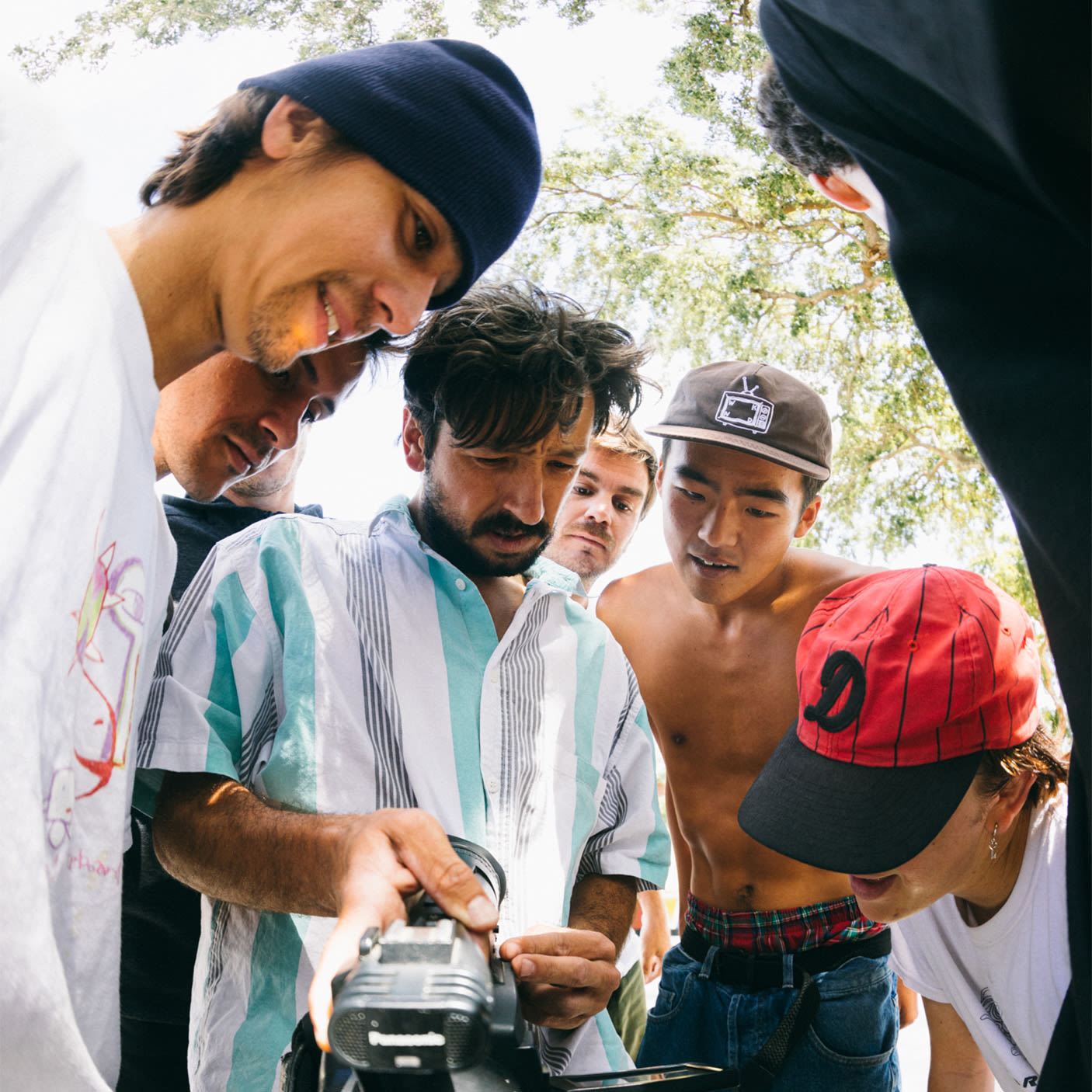
Women’s football has always been an afterthought when it comes to awareness, funding and even the sport’s own governing bodies. In 1921, the UK’s Football Association (FA) effectively enforced a 50-year ban by barring women from playing on its grounds (most likely because it was worried about growth cutting into the men’s game).
Fast-forward 100 years and there are more than 30 million players worldwide, a number that has boomed since the 2019 Women’s World Cup broke viewership records. Following international governing body FIFA’s first global strategy for growing participation in women’s football, countries with long histories of men’s football (like Mexico and Italy) are now investing heavily in the women’s game. Meanwhile, broadcast rights are being snapped up for big bucks: in May, the Women’s Super League in the UK signed a £8 million-per-season deal to broadcast games on BBC and Sky Sports; while streaming service DAZN recently paid $8 million per year for the worldwide rights to show the women’s UEFA Champions League.
Team players
Brands like Visa, Adidas and Barclays have finally woken up to this major opportunity. And with high-profile athletes calling for equality on and off the pitch, similar action is being seen at the grassroots level as well, with clubs for women and non-binary players advocating creativity, inclusivity and community, and providing opportunities for collaborations with brands that share the same values.
Many of these collabs have been focused in the active space: for example, Nutty FC, a creative football club in Seoul, teamed up with football lifestyle brand GOALSTUDIO, as well as football store Capo. But others are thinking outside the box. In 2020, Mallorca-based footwear giant Camper collaborated on a black-and-neon-yellow leather moccasin with artist Coco Capitán, inspired by her East London women’s football collective Whippets FC. Earlier this year, skincare brand Carbon Theory sponsored Victoria Park Vixens, another East London womxn’s team.
‘It’s much more than branding a soccer shirt and creating content,’ says Philip Taylor, founder and CEO of Carbon Theory. ‘Representation is so important to us, we wanted to create a campaign that is almost anti-influencer and find that representation for the millions of women around the world who play sport and do not traditionally see a global skincare brand celebrating their passion and individuality.’
Boots on the ground
Women’s football has long been victim to the ‘shrink it and pink it’ approach but, as interest has grown, brands are designing products specifically for female players. Oakland-based GoalFive’s Indie Training Shorts have extra stretch around the hips and thighs, while Miss Kick, a brand recently launched by former Manchester City player Grace Vella, sells headbands lined with silicone grip to prevent slippage.
Laura Youngson came across an untapped opportunity when she realized there were no football boots designed specifically for the female foot, potentially contributing to higher rates of injury in the women’s game. Last year, she launched Melbourne-based Ida Boots, a line of female-specific football boots with a wider toe box, narrower heel cup and uniquely placed studs. In researching the space, Laura saw gaps at every turn, from equipment and fan merchandise to streaming services. ‘It’s definitely a growth market. You name the product or service, there is demand for it,’ says Laura.
A version of this article was published in the Courier Weekly newsletter. For more useful stories, tips, tricks and simply good advice, sign up here.


